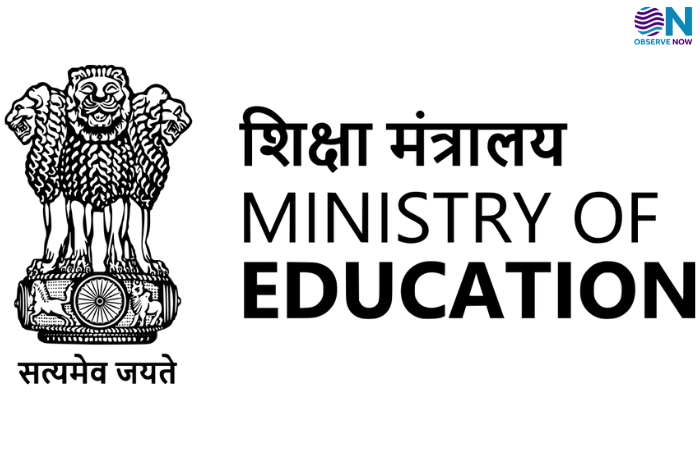Education Ministry Presses NTA for Exam Reforms Following Controversies

The Ministry of Education has urged the National Testing Agency (NTA) to undertake immediate and comprehensive reforms in its examination processes after a series of controversies surrounding recent competitive exams in India. These developments come in the wake of growing public and political concern over the integrity, transparency, and efficiency of national-level entrance tests, which are critical gateways for admission into premier higher education institutions across the country.
The NTA, which conducts examinations such as JEE Main, NEET-UG, and CUET, has faced intense scrutiny due to allegations of technical glitches, mismanagement, and question paper leaks. These issues have sparked protests from students and parents, leading to widespread calls for accountability and structural changes. The Education Ministry’s directive aims to address these concerns through a multi-pronged approach focused on security, technology upgrades, and procedural fairness.
One of the key reforms under consideration is the strengthening of cybersecurity measures to prevent unauthorized access to exam materials. The ministry has recommended advanced encryption systems, multi-layered authentication, and stricter monitoring of digital infrastructure to safeguard question papers and exam data. Additionally, there is a push for the integration of artificial intelligence-driven tools to detect anomalies in real time, thereby reducing the risk of malpractice.
Another priority area is the streamlining of logistical arrangements for both online and offline examinations. Past incidents of technical delays and server failures have underscored the need for robust contingency planning. The ministry has proposed the establishment of dedicated technical support teams at examination centers, along with improved coordination between the NTA and state-level authorities to ensure smooth operations.
Transparency in result processing is also a focal point of the reforms. The Education Ministry has suggested that the NTA publish detailed answer keys, evaluation criteria, and candidate response sheets shortly after the exams to foster trust among stakeholders. Moreover, a grievance redressal mechanism with clear timelines is expected to be introduced, allowing students to raise concerns and receive prompt responses.
The reforms will also extend to the training and sensitization of personnel involved in exam administration. Invigilators, technical staff, and coordinators will undergo specialized training programs to ensure adherence to ethical standards and procedural guidelines. This initiative is intended to minimize human error and bias, which have occasionally marred the examination process in the past.
Stakeholders, including educationists and student organizations, have largely welcomed the proposed changes, noting that such measures are long overdue. However, some have cautioned that implementation will be the real test of the reforms’ effectiveness. The NTA has indicated its willingness to cooperate fully with the ministry’s directives and has already begun drafting a roadmap for phased implementation.
If executed successfully, these reforms could restore faith in the national examination system, which plays a crucial role in shaping the academic and professional futures of millions of students. For now, the spotlight remains firmly on the NTA to deliver a transparent, efficient, and secure testing environment that meets the aspirations of a rapidly evolving education sector.
















